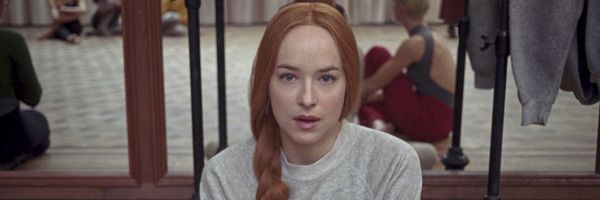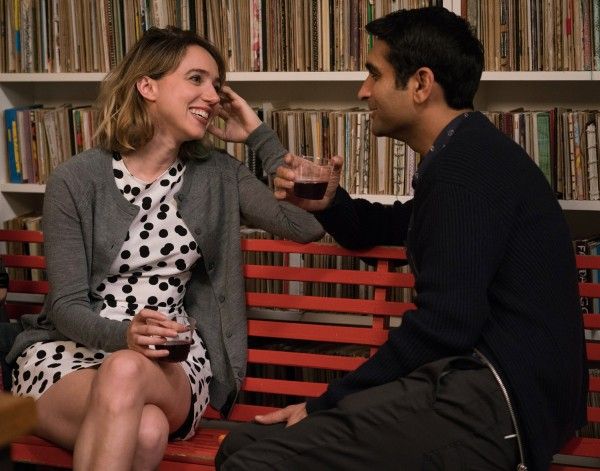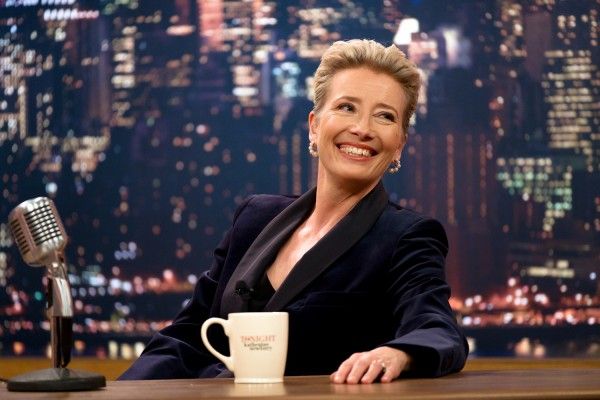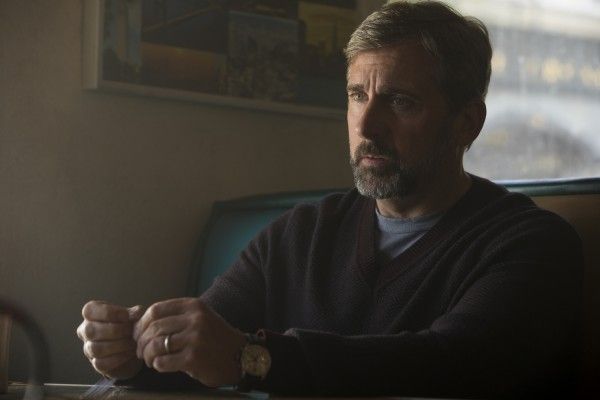Amazon Studios made waves at the Sundance Film Festival last month where they scooped up distribution rights to a number of high-profile films, but it appears as though Amazon may be making a significant shift when it comes to their feature film strategy. Amazon has long been held as a “gold standard” in cinephile circles because of the way it rolls out its original films. Rather than foregoing a theatrical experience like Netflix, Amazon played by theatrical rules, giving films like Manchester by the Sea and The Big Sick robust theatrical runs at least 90 days before those movies showed up on Amazon’s streaming service. Now, however, that’s about to change.
As part of a profile on new Amazon Studios chief Jennifer Salke in Variety, it was revealed that in addition to theatrical releases, Amazon Studios will now also start making films that will debut exclusively on its Prime subscription service and forgo theatrical release entirely. This no doubt comes as a blow to those who hold the traditional theatrical release strategy in high esteem, but it’s a move intended to drive up Amazon Prime’s subscriber numbers in preparation for an onslaught of competition.
Indeed, over the next 18 months we’re going to see the stiffest and most fierce competition in the history of the streaming world. Apple will unveil its star-studded TV and film projects on its own proprietary service; Disney+ will serve as a haven for families and home to original films and miniseries; and even WarnerMedia looks to cull together various Warner Bros. film and television projects, which could mark the end of shows like Friends being licensed to Netflix.
With competition for streaming numbers ramping up, it appears Amazon Studios aims to put its focus on increasing Amazon Prime membership by enticing viewers with exclusive content. Salke says none of the films Amazon bought at Sundance this year will skip a theatrical release, but adds that they are “looking at a variety of windows.” Those Sundance purchases include awards contenders like The Report and Honey Boy, as well as potential crowdpleasers like Late Night and Brittany Runs a Marathon.
But while this is a bummer to folks like myself who still prefer the theatrical experience, I have to wonder if—between Netflix and Amazon—we’re finally going to see theater owners budge on their strict rules with regards to theatrical windows. Right now, most theater chains refuse to showcase films unless they are guaranteed those films won’t show up on a streaming service or home video format for at least 90 days.
But Netflix broke its own “day-and-date release only” rule and put Roma in theaters a few weeks before it was released on the streaming service, and the response was positive. The film earned a host of Oscar nominations and may even win Best Picture. Then you have folks like Steven Soderbergh who’s lobbying theater owners for the ability to throw a film on a streaming service a week after its theatrical release if it looks like it’s going to be a flop, using his own films Logan Lucky and Unsane as examples.
Theaters have held hard and fast to their 90-day window rule, but the way in which we consume entertainment is changing at a rapid rate, and Amazon dipping its toe into Netflix-like waters with this whole streaming-only release strategy is yet another blow to the traditional distribution model. I haven’t the faintest idea what happens next, or how likely it is that theater owners change their minds, but I do hope we’re able to preserve the theatrical viewing experience as an option for those who choose to take advantage of it.
What say you, folks? Do you mind that Amazon is going to start making streaming-only films, or would you rather they stuck to the traditional model? Will becoming more like Netflix ultimately increase Amazon Prime subscriptions? Sound off in the comments below.




